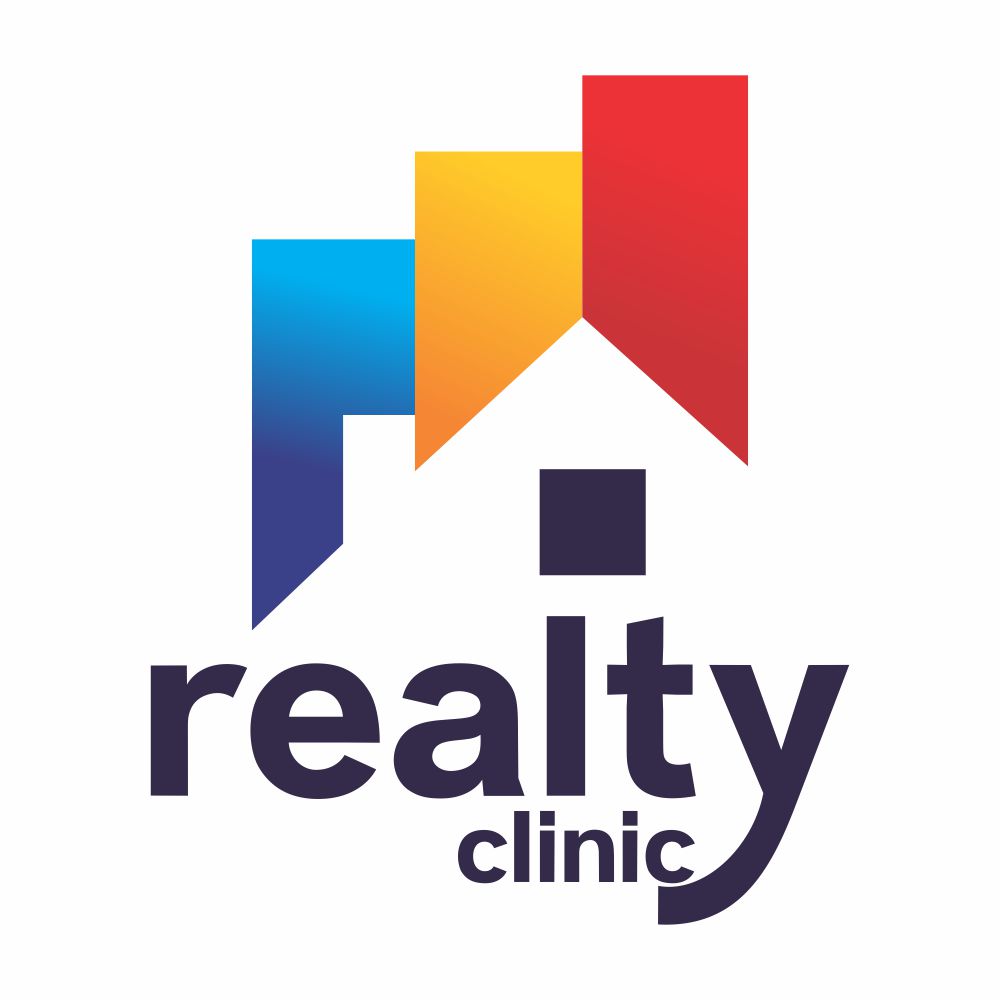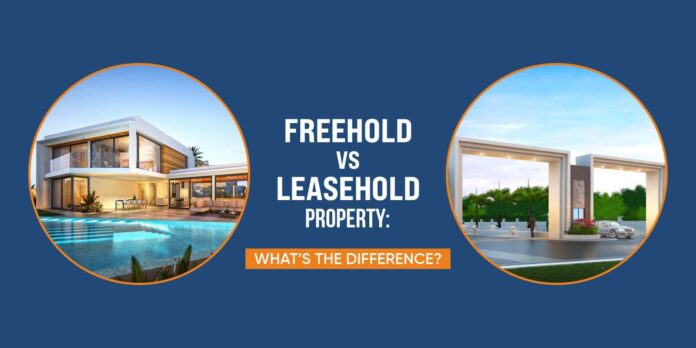The first step in choosing new property understand just how different the two types of ownership, freehold and leasehold, are the right way. Property rights are dictated by the terms freehold and leasehold that strongly affect the value of your investment over time. The article points out the basics along with the pros and cons and gives some good suggestions of what to look out for when trying to choose between freehold and leasehold property.
What is a Freehold Property?
Freehold property means complete ownership rights to the house as well as the land it is sitting on. In addition to unlimited ownership rights, you will also be liable for property and land maintenance.
Benefits of Freehold:
· Full ownership: You have complete control over the property.
· No ground rent or lease fees: You won’t be charged annually for the landlord.
· Greater flexibility: If you have (planning permission), you can do your part in renovating or making changes without asking the landlord.
Things to Consider:
Here are few things to consider in freehold property.
· Usually, more expensive than leasehold.
· You have to take care of all the work and repairs by yourself.
· Houses that are freehold are very common in mostly suburban and rural areas.
What is a leasehold property?
Property ownership under a leasehold property indicates that you are the owner of the building (generally a flat or apartment) for a certain duration only, whereas the rights to the land underneath the building remain with the freeholder. A freehold or the landlord is the owner of the land on which the property is built. The length of the leases in real property is different and it ranges from 40 to 999 years. If you do not decide to renew it, the property will come back to the freeholder when the lease period ends.
Benefits of Leasehold:
· Normally more affordable than freehold.
· May include the shared maintenance of common areas (covered by service charges).
· Are mostly in or around the city center where apartments are a popular choice.
Things to Consider:
Here are few things to consider in leasehold property.
· Ownership is only for a specific time period: The value of the property will be decreased if there is a short lease.
· Watch out as you may have to pay ground rent and service charges.
· Restrictions: You can ask for authorization for changes, subletting, and even having pets.
· Most of the leasehold properties are residencies in flats and apartments along with several instances of new-build house developments.
Which One Should You Choose?
In fact, the best thing to decide upon is what suits your needs and budget the most. Freehold offers you both long-term stability and absolute control of your property. When understanding both the terms of the lease and the related expenses, leasehold gives you the possibility of affordable ownership in the best locations.
Before going for a leasehold you should:
· Be aware of the lease length—short leases will limit the resale value.
· Be aware of the fees—service charges, ground rent, and admin fees.
· Take a look at the lease agreement and if there are any restrictions that stand out.
Final Thoughts
When you take a step towards property ownership, it is extremely essential that you get a good hold of freehold and leasehold property rights. If managed correctly, leasehold properties can be convenient and affordable, though it is freehold that gives you more control and makes you feel more confident.



